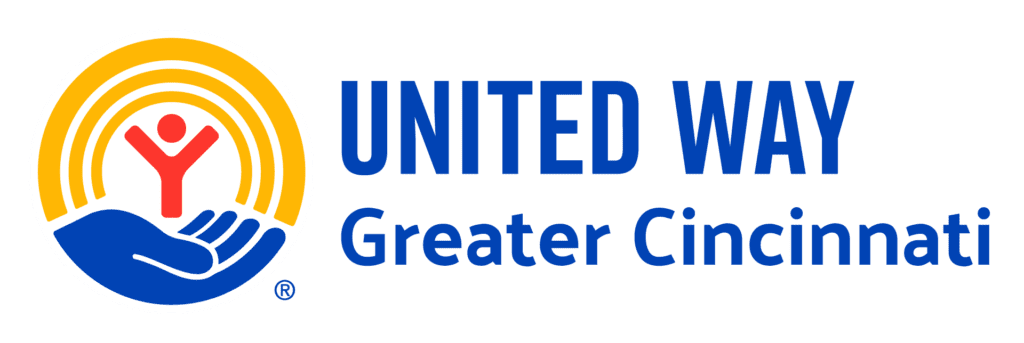SIGN UP FOR THE KNOWLEDGE EXCHANGE
Want to be the first to know about our next Knowledge Exchange? Sign up for our email alerts to ensure you have a seat to learn first-hand from other community thought-leaders and related news.
CINCINNATI (June 6, 2024) — Changemakers must lead the discussion about how to create an economy that serves everyone’s needs, says Dr. Julie Sweetland. She is a senior adviser at the FrameWorks Institute, a nonprofit that provides evidence and leads conversations on scientific and social issues. She joined United Way of Greater Cincinnati to explore the value of framing in regard to economic well-being. We need ways to engage people in thinking about arranging our society and its resources in a just and inclusive way.
To lead a new conversation on economic issues, Sweetland recommends the following:
- Feature prosperity as the goal rather than poverty as the predicament. We should tell stories about the policies we are setting or could set that would build shared prosperity. For example, instead of, “Let’s prioritize the needs of communities with low wages and poor graduation rates,” instead say, “Let’s prioritize wage increases and strategic investments in public education.”
- Talk about “building well-being” versus “fixing people and locating the problem and solution.” Shift your focus away from an emphasis on people experiencing a problem and toward what we do as a society to address structural issues. For example, rather than focus on who receives human services — by naming vulnerable groups, emphasizing the value of being caring and compassionate, or focusing a story on the troubles of one family — instead shift the focus both to individuals who receive help as well as the collective benefit of a vibrant and thriving community.
- Give examples of harmful policies — past and present — that have led to negative modern-day outcomes. A positive opening is an important part of framing an issue, but if you never get around to the problems, you can’t engage people in solutions.
- Use solutions frames to highlight alternatives within our reach. It is also important to talk about solutions that are collective and attainable on a broad scale.
Join us Sept. 5 for our next FrameWorks discussion, The Power of a Shared Story: Lessons from the Early Childhood Movement.
Presentation Slides
View the presentation’s accompanying slides: slides-framingeconomicwellbeing_frameworkskxc-6.6.2024.pdf

